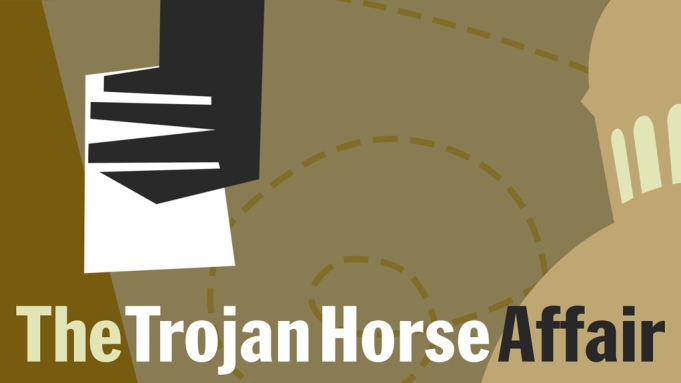13./14./15.02.2012
Last Monday, Abu Qatada, a radical Muslim cleric accused of being an al-Qaeda terrorist (and, what is more, figurehead) and who is thought to pose a serious risk to the UK’s national security, was released from jail after bail was granted by a London judge the week before. Qatata, who spent the last six-and-a-half years in detention in the UK, was released under some of the toughest bail conditions imposed since 9/11.
Qatada, who has never been formally charged with a crime in the UK, was in an out of jail since 2002, when he was detained under the anti-terrorism laws that – at the time – allowed suspected terrorists to be jailed without charge. Authorities had accused him of advising militants and raising money for terrorist attacks. However, when the unpopular anti-terrorism law was overturned in 2005, Qatada was released from prison – but kept under surveillance. He was arrested again a few months later and help pending deportation to Jordan. Yet, plans to deport him were halted by a ruling by the European Court of Human Rights. The European judges ruled that he could not be deported without assurances from Jordan that evidence gained through torture would be be used against him. The same Court ruled last week that Qatada’s detention without charge was unlawful – which led him to apply for bail.
Under the terms of his release, Qatada must obey a 22-hour curfew and wear an electronic tag; he is only allowed outside his London home in a prescribed area for two one-hour periods a day. Furthermore, he is banned from using the phone or the internet and must not communicate with a long list of people, including al-Qaeda leader Ayman al-Zawahiri and radical cleric Abu Hamza. The bail terms also banned him from leading prayers, giving lectures and preaching. In addition to these conditions, 60 police officers and MI5 agents provide 24/7 “protection” for Qatada, which costs around £10,000 a week. Amongst other, London’s Mayor Boris Johnson said it was “eccentric” to have so many offiers on duty to guard Abu Qatada. Johnson said it would be a good thing if he was put on trial as soon as possible. The Government stressed that they were considering “all the options” for removing Qatada from the country at the earliest opportunity. As he was still a national security risk, he should especially be deported before the Olympic Games in London in July/ August.






